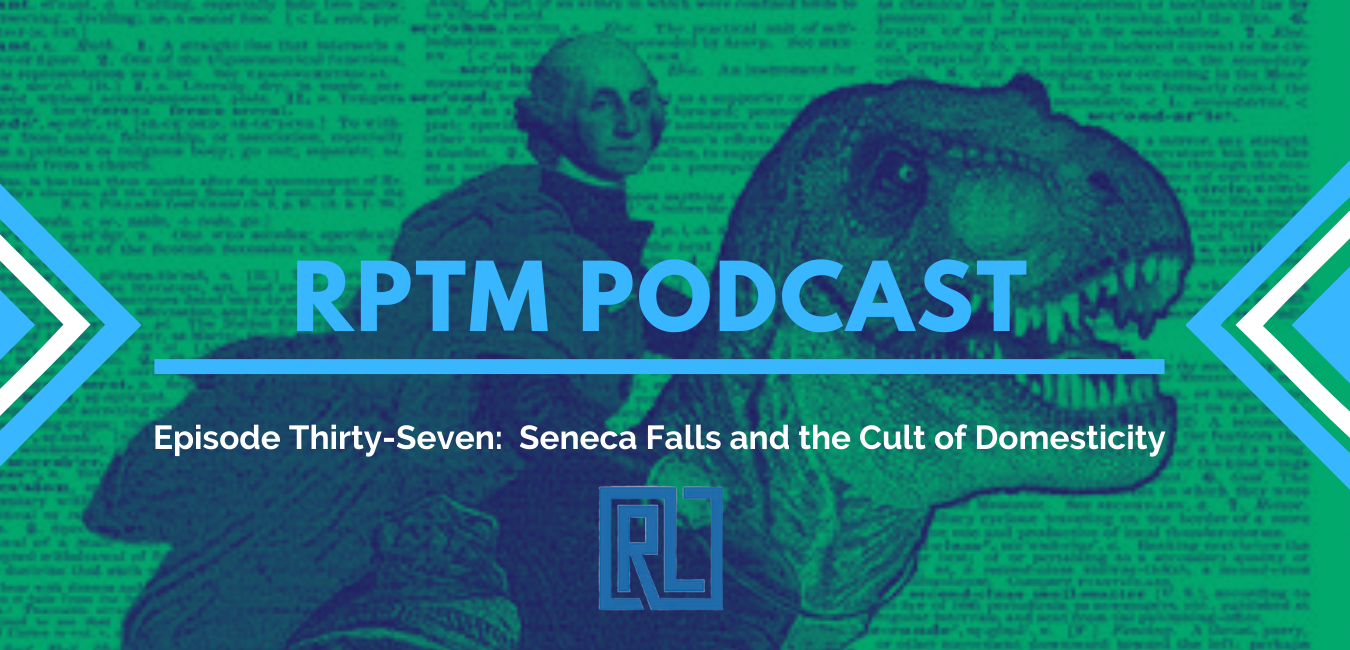|
The next rule of history: "expertise," as we understand it is mainly fake. In academia, there's a saying that instead of measuring what we value, we value what we can measure. Researchers can manipulate numbers and facts to support any hypothesis or be a stronghold for confirmation bias. But history academics also rely on non-statistical data, meaning you read history and try to get some lessons. And historical specialization can cause an issue within academic learning.
Specialization sounds good and is ultimately rooted in a desire for a more egalitarian intellectual culture. In this way of thinking, a PhD is just as much of a "doctor" as a Noble Prize-winning physicist and has much more credibility in any field. Not everyone can engage in careful analysis of data in a way that can withstand scrutiny, but lower the standards enough and create enough areas, and a lot of people can be experts. Since people aren't getting more competent, more experts mean that the average intelligence of those influencing public policy drops. Part of the reason that specialization is terrible is that people have to justify the field's existence. Some historians have some terrible takes because they need to be original to get published. Don't tune into the History channel and expect to find much-involving history. Historical thought has given up its death rattle and has been replaced by reality shows. And this happens because of how the world works. There are two kinds of people – those who don't care about past events and who soak it in. You can guess which sample size would be more prominent. An alternative now is video platforms like YouTube. As a form of social media, YouTube has moved beyond vapid videos of cute animals to something where historians can discuss every topic under the sun. This ubiquitous social media allows those interested in history to find an audience, which is a good thing. However, this new trend has a downside: everyone with a camera can press record and spout off their knowledge. Many of the history videos on YouTube look great, but the information presented rarely goes into depth. Instead of documentaries with multiple sources, we are presented with highly polished lectures that give one person's take on past events or items from history. Rarely do these individuals offer what research they did or how they drew their conclusions. In some cases, the information is inaccurate or, worse, biased. There ends up being a lot of false information. YouTube has provided a platform for conspiracy theorists and worse to spread their narrative. Virtually anyone can set himself up as a knowledgeable source. The narrators of these videos talk to the camera as if they are the definitive expert's expert on said subject. Throughout history, readers have been required to weigh the quality of the research. In the past, this has been done by following footnotes and bibliographies. A reader could always check a writer's sources to determine whether the printed material was accurate or exciting, as we understand it is mainly fake. This is the dilemma, then. "Trust the experts" can lead the public astray, and so does "don't trust the experts." While that's an issue for most people, for intellectuals, the problem is more soluble. When you don't have the time to research something for yourself, you should trust those who have good intellectual habits. HIGHLIGHTS
CHAPTERS 0:37 Intro 4:48 John Fremont 10:59 Cult of Domesticity 19:22 Seneca Falls Convention 26:09 Compromise of 1850 31:45 Outro RESOURCES The New History Channel Is YouTube, But Can We Trust The Experts? John C. Frémont Cult of Domesticity explained Cult of Domesticity Seneca Falls Convention Compromise of 1850
0 Comments
Leave a Reply. |
AuthorRyan Lancaster wears many hats. Dive into his website to learn about history, sports, and more! Archives
July 2024
Categories |


 RSS Feed
RSS Feed